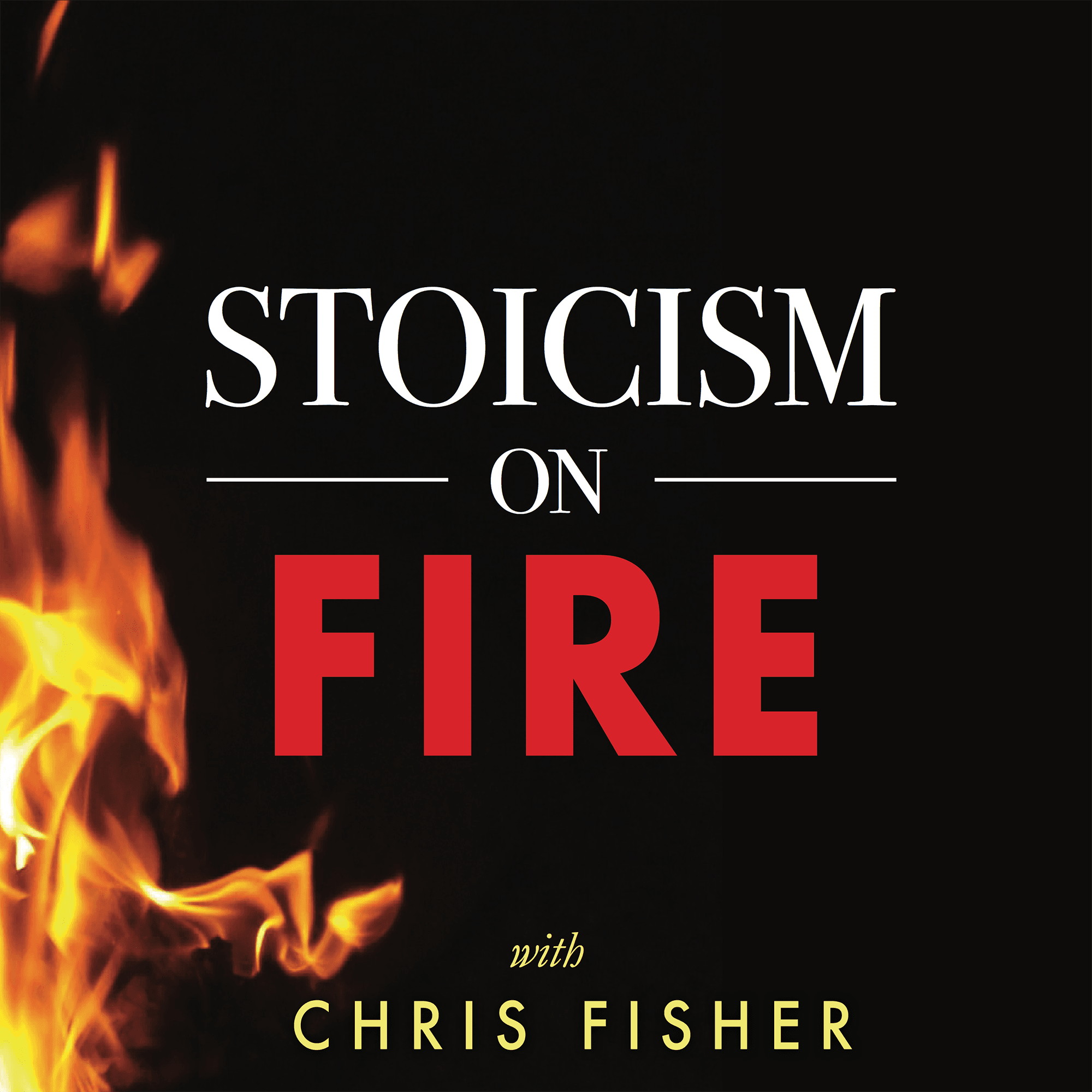Exploring Encheiridion 9 – Episode 40
Description
Sickness is an impediment to the body, but not to the will unless the will wants to be impeded. Lameness is an impediment to the leg, but not to the will. If you tell yourself this at every occurrence, you will find the impediment is to something else but not to yourself. (Ench 9)
Epictetus uses two dispreferred indifferents in this lesson, and both are related to our body: sickness and lameness. Then, he points out that each of these impairments presents a hindrance to our body but not to our will. The Greek word translated as “will” in this passage is prohairesis, and it has deep meaning in Stoicism.
I discussed prohairesis briefly in Episode 34; however, I think a more detailed look at this concept will be helpful. However, before we cover prohairesis, let’s look at the concept of body in Stoic physics. This concept applies equally to all bodies, whether rocks, plants, animals, or humans, so it will shed some light on Encheiridion 9.
In Stoicism, only bodies exist; therefore, everything that exists is a body. All bodies are a mixture of two principles—the passive principle (primary matter) and the active principle (logos or pneuma). The Stoic definition of a body is that which can act or be acted upon. Understanding this concept in Stoicism is essential because some people confuse it with modern reductive materialism. Some scholars even label the Stoics materialists, but they do not mean materialists in the modern sense where everything is reduced to matter.
As Jacques Brunschwig points out in his chapter on Stoic Metaphysics in The Cambridge Companion to the Stoics, the Stoic version of ‘materialism’ is “vitalist-teleological” in contrast to the “mechanistic-antiteleological” version of the Epicureans.[1] The Epicureans were the reductive materialists in Hellenistic times. That is why it’s essential to understand when scholars refer to Stoics as materialists, they do not mean like the Epicureans or modern materialists. A.A. Long argues:
It is misleading to describe the Stoics as ‘materialists’. Bodies, in the Stoic system, are compounds of ‘matter’ and ‘mind’ (God or logos). Mind is not something other than body but a necessary constituent of it, the ‘reason’ in matter. The Stoics are better described as vitalists.[2]
Here we see the basis of Stoic physics. Everything that exists is a body composed of matter and mind (God, logos, or pneuma). Therefore, humans are composed of matter and mind. I have more to say about this in a minute. First, let’s cover this concept of prohairesis in Stoicism.
Scholars have used different English words to translate the Greek word prohairesis; here are some of them.
Translations of prohairesis:
* will (A.A. Long; George Long)
* A.A. Long - WILL A favorite term in Epictetus (Greek prohairesis ) for a human being’s power of self-determination and mental disposition. The word is sometimes translated by choice, purpose, volition, or decision, but in my opinion “will” is the most natural English expression for what Epictetus seeks to convey with it.[3]
* choice (Robin Hard, John Sellars)
* Sellers - choice (prohairesis) Epictetus' name for the conscious decision-making part of the commanding faculty; what might now be called the "will" or "I".[4]
* moral purpose (W.A. Oldfather)
* moral character (Keith Seddon)
* prohairesis ‘moral character’; the capacity that rational beings have for making choices and intending the outcomes of their...
More Episodes
An interview with Will Johncock, author of Beyond the Individual: Stoic Philosophy on Community and Connection.
Published 04/03/23
Published 04/03/23
Set before your eyes every day death and exile and everything else that looks terrible, especially death. Then you will never have any mean thought or be too keen on anything. (Ench 21)
That’s an interesting list: death, exile, and everything else that looks terrible. We can all relate to...
Published 10/05/22


